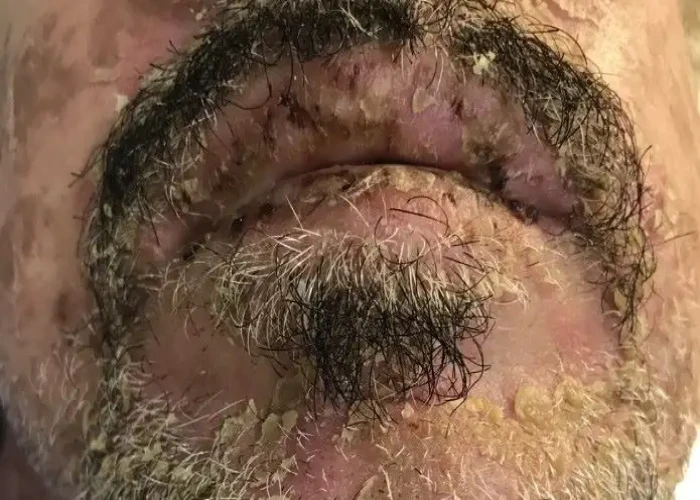 Welcome
Welcome
“May all be happy, may all be healed, may all be at peace and may no one ever suffer."
Stevens-Johnson syndrome

Stevens-Johnson syndrome (SJS) is a rare, serious disorder of the skin and mucous membranes. It is often a reaction to a medication or infection and can cause the outer layer of skin to blister and peel off, leading to painful open sores and potentially life-threatening complications.
Symptoms of SJS typically begin with flu-like symptoms, followed by a painful, red rash that spreads and blisters. The rash can affect the eyes, mouth, throat, and genitals, leading to vision loss, difficulty swallowing, and other complications. In severe cases, SJS can progress to toxic epidermal necrolysis (TEN), which can cause large areas of the skin to peel off and may result in sepsis, shock, or death.
Treatment of SJS typically involves hospitalization and supportive care, such as fluid replacement, wound care, and pain management. In some cases, medications to suppress the immune system may be used to stop the progression of the disease.
Prevention of SJS involves avoiding known triggers, such as certain medications, infections, or other factors that have previously caused a reaction. In some cases, genetic testing may be used to determine if an individual has a higher risk for SJS, in order to avoid known triggers.
If you suspect you may have SJS, seek immediate medical attention, as prompt diagnosis and treatment can be critical in preventing serious complications.
Research Papers
Disease Signs and Symptoms
- Fever
- Mouth sores
- Sore throat
- Fatigue (Tiredness)
- Eye pain or burning
- Skin rash
- Red skin
- Blisters
Disease Causes
Stevens-Johnson syndrome
Stevens-Johnson syndrome is a rare and unpredictable illness. Your doctor may not be able to identify its exact cause, but usually the condition is triggered by medication, an infection or both. You may react to medication while you're using it or up to two weeks after you've stopped using it.
Drugs that can cause Stevens-Johnson syndrome include:
- Anti-gout medications, such as allopurinol
- Medications to treat seizures and mental illness (anticonvulsants and antipsychotics)
- Antibacterial sulfonamides (including sulfasalazine)
- Nevirapine (Viramune, Viramune XR)
- Pain relievers, such as acetaminophen (Tylenol, others), ibuprofen (Advil, Motrin IB, others) and naproxen sodium (Aleve)
Infections that can cause Stevens-Johnson syndrome include pneumonia and HIV.
Disease Prevents
Stevens-Johnson syndrome
- onsider genetic testing before taking certain drugs. The U.S. Food and Drug Administration recommends screening people of Asian and South Asian ancestry for a gene variation called HLA-B*1502 before starting treatment.
- If you've had this condition, avoid the medication that triggered it. If you've had Stevens-Johnson syndrome and your doctor told you it was caused by a medication, avoid that drug and others like it. This is key to preventing a recurrence, which is usually more severe than the first episode and can be fatal.
- Your family members also might want to avoid this drug because some forms of this condition have a genetic risk factor.
Disease Treatments
Treating Stevens-Johnson syndrome requires hospitalization, possibly in an intensive care unit or a burn unit.
Stopping nonessential medications
The first and most important step in treating Stevens-Johnson syndrome is to stop taking any medications that may be causing it. Because it's difficult to determine exactly which drug may be causing the problem, your doctor may recommend that you stop taking all nonessential medications.
Supportive care
Supportive care you're likely to receive while in the hospital includes:
- Fluid replacement and nutrition. Because skin loss can result in significant loss of fluid from your body, replacing fluids is an important part of treatment. You may receive fluids and nutrients through a tube inserted in the nose and guided to the stomach (nasogastric tube).
- Wound care. Cool, wet compresses might help soothe blisters while they heal. Your health care team may gently remove dead skin and put petroleum jelly (Vaseline) or a medicated dressing over affected areas.
- Eye care. You may also need care from an eye specialist (ophthalmologist).
Medications
Medications used in the treatment of Stevens-Johnson syndrome include:
- Pain medication to reduce discomfort.
- Medication to reduce inflammation of the eyes and mucous membranes (topical steroids).
- Antibiotics to control infection, when needed.
- Depending on the severity, other systemic medications can be considered, including oral corticosteroids and intravenous immune globulin, though the value of their use is debatable. Studies now show that the drugs cyclosporine (Neoral, Sandimmune) and etanercept (Enbrel) are more successful in treating this disease.
If the underlying cause of Stevens-Johnson syndrome can be eliminated and the skin reaction stopped, new skin may begin to grow within several days. In severe cases, full recovery may take several months.
Disease Diagnoses
Disease Allopathic Generics
Disease Ayurvedic Generics
Disease Homeopathic Generics
Disease yoga
Stevens-Johnson syndrome and Learn More about Diseases
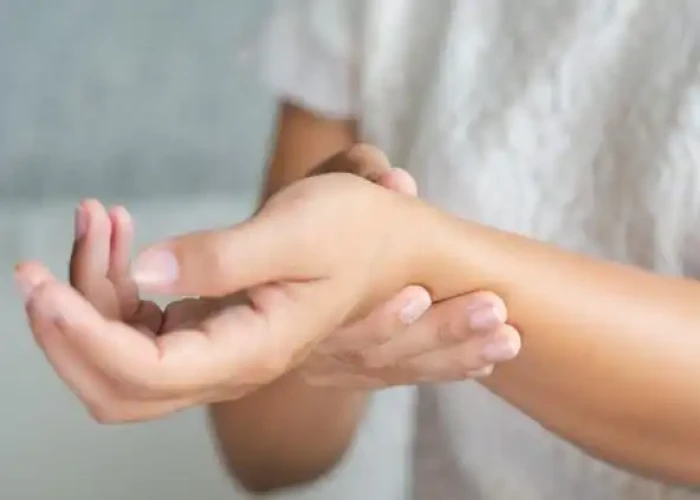
Yips
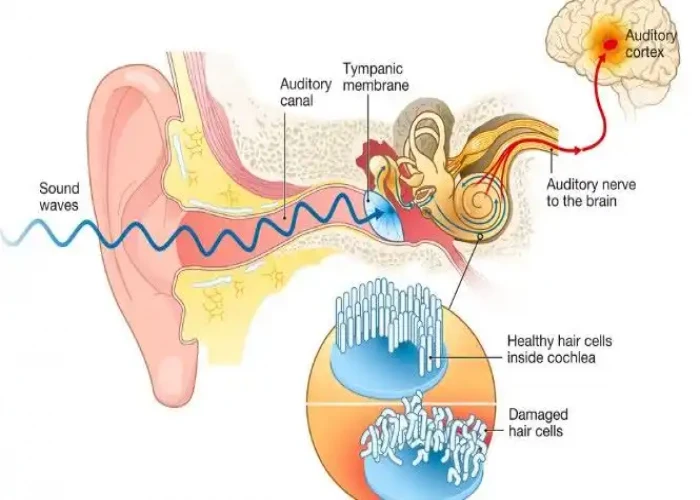
Tinnitus
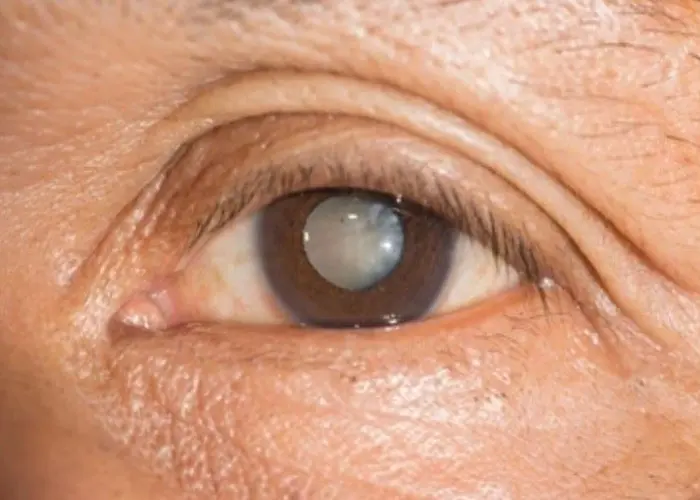
Cataracts
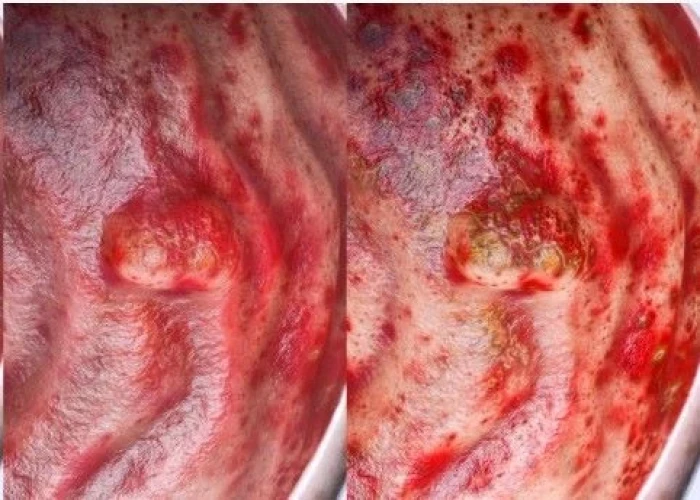
Peptic ulcer

Transverse myelitis
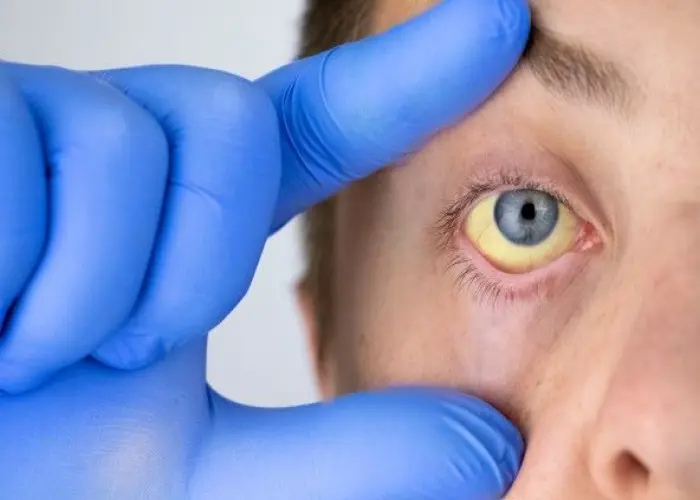
Gilbert's syndrome

Rheumatic fever

Muscle cramp
stevens-Johnson syndrome, স্টিভেন্স-জনসন সিন্ড্রোম
To be happy, beautiful, healthy, wealthy, hale and long-lived stay with DM3S.
